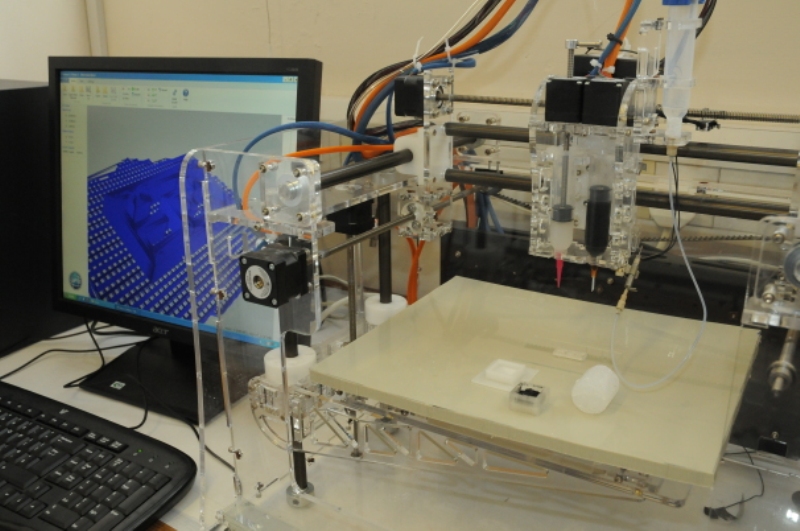
From custom prosthetics to new teeth and jawbones, 3D printers have made waves in the medical community. Now the new tech is successfully manufacturing FDA-approved prescription drugs.
Ohio-based pharmaceutical company Aprecia is using 3D printers to create a new anti-seizure medication called Spritam levetiracetam. The medication is unique not just because it is created by a 3D printer, but because it is more porous than other pills and tailored to individual patients.
The incredible technological advancement means patients can receive their medication more quickly and have it be perfectly tuned to their body.
“For the last 50 years, we have manufactured tablets in factories and shipped them to hospitals,” said Dr. Mohamed Albed Alhnan, a lecturer in pharmaceutics at the University of Central Lancashire. “For the first time, this process means we can produce tablets much closer to the patient.”
The porous structure of the pills means they dissolve more readily when introduced to water, making them easier to swallow. This attribute is especially important for children and elderly patients.
“In my experience, patients and caregivers often have difficulty following a treatment regimen,” said Marvin Rorick, a neurologist at Riverhills Neuroscience in Cincinnati. “Whether they are dealing with a swallowing disorder or the daily struggle of getting a child to take his or her medication, adherence can be a challenge. Especially for children and seniors, having an option for patients to take their medication as prescribed is important to managing this disease.”
Currently, 3D printers can also be used to modify the shape of medications in order to control the rate of absorption. For instance, a pyramid-shaped pill releases drugs more slowly than a cube or a sphere.
Researchers hope to continue improving upon the technology with the aim of eventually developing drugs on a molecular level that could be downloaded and printed from a home-based 3D printer.
